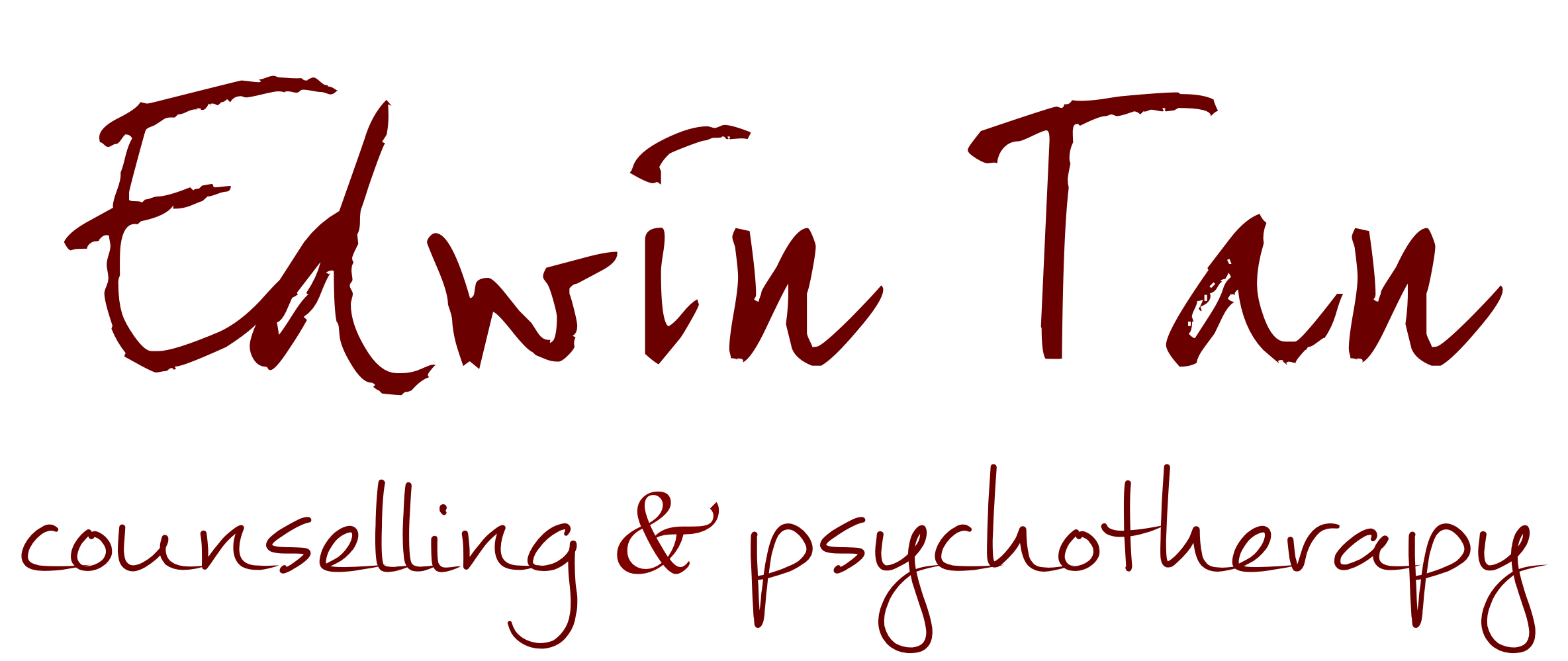Only Connect
It is an undeniable fact that modern life moves at breakneck pace. We have more ways of communicating than ever - but the feeling of isolation is never more prevalent. The media itself bemoans how mobile devices and omnipresent wi-fi signals have taken over the everyday, even as the media itself perpetuates this phenomenon by asking its readers to ‘like’, comment, ‘tweet’, re-blog its content ad infinitum. Being connected to what’s new, what’s happening, what’s now has never felt more imperative to human existence. So, what is the price of this state of permanent connection?
Generational experts like to distinguish between age groups; it’s an easy way to differentiate and categorize people. The younger you are, the more likely you will be accused by those older than you of eschewing real, meaningful relationships in favour of modern interactions that are thought to be a mere shadow of the ‘real thing’. At first glance, this appears somewhat true. Vicious online bullying, tawdry sexting, even the white-lie excuse for being late to a meeting or cancelling an appointment – all these are so much more easily done when the other party is on the other end of a technological line, somehow known yet anonymous enough so their feelings are easier to disregard or ignore. However, this view also harkens to an idea of connection that is hazy with nostalgia for the ‘simpel past’ and surely inaccurate. Were people more connected before the advent of technology? A simple survey of literature across the centuries quite niftily extinguishes this notion.
Maybe it’s the inability on the part of many people to truly be themselves that stands in the way of genuine connection. As society has progressed, the methods of communicating might have changed, but the very nature of communication – that fundamental connection between two or more people – remains unchanged. I see evidence of this again and again in my counselling and psychotherapeutic practice.
Perhaps the reason modern communication via email, text, blogging, status updates et. al. is preferred is because it manages to imply some form of connection while affording a sense of self-preservation and distance. Of course, many risk themselves bravely – that status update that reveals his true feelings, or that tweet that announces her sexual orientation to one and all – but the anonymity of text and words wafting out in the ether around us all in the air somewhere… well, that’s not quite on par with being in someone’s presence, looking them in the eye, and saying what you mean and meaning what you say.
In my experience, being truly one’s self remains unconsciously threatening for most people and that fear is what holds them from connecting with others. Can I really say what I am thinking? Will he accept her if he knew how she really is? Are you going to reciprocate my feelings? Being bound by these fears drive many to clothe themselves with impressive armor: Education, piercings, wit, glamor, success, possessions, street cred… Anything, really, that presents some version of the person that one feels safe showing to the world. With everyone modelling their shiny personae, is it any wonder the opportunity for real relationship is often missed?
“Only connect,” E M Forster famously espoused. Can we?

